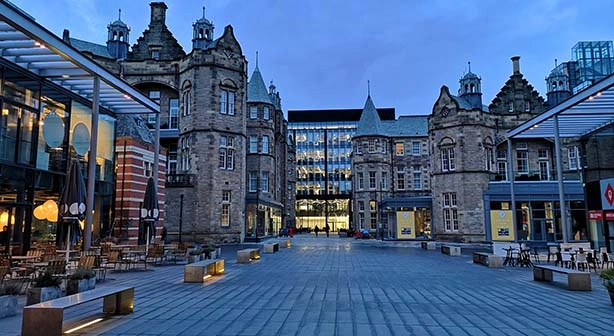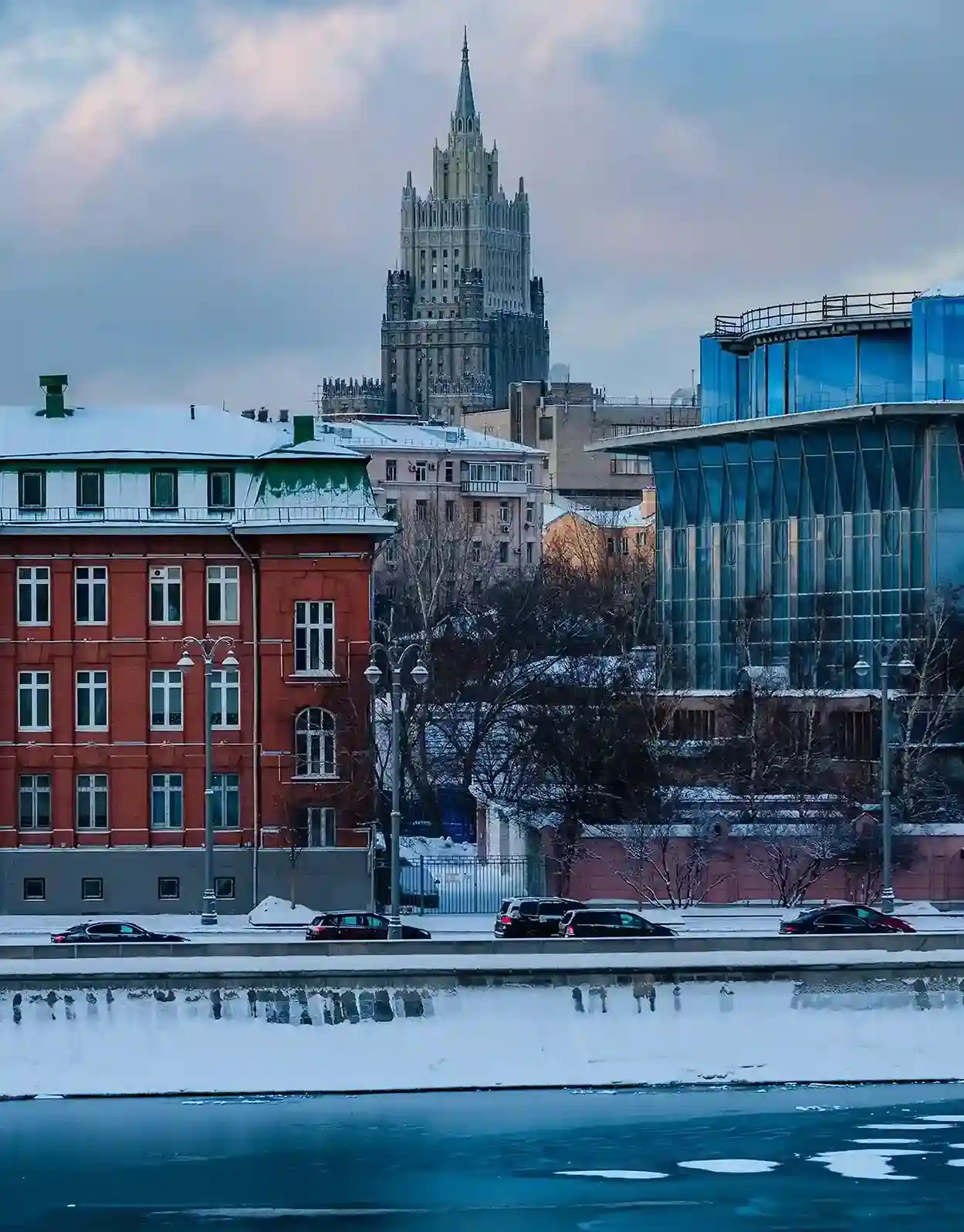Study in Iceland: Innovation, Excellence & Global Careers!
About Iceland
Iceland, a Nordic island nation in the North Atlantic, is known for its breathtaking natural beauty, progressive values, and commitment to sustainability. With a strong focus on equality and innovation, Iceland offers an excellent academic environment for international students. The country has a small but high-quality higher education system, with most universities offering programs in English—particularly at the graduate level. Iceland’s safe society, welcoming locals, and unique culture make it a rewarding place to study and live.
Why Study in Iceland?
Iceland combines quality education with a distinctive lifestyle shaped by its stunning geography and emphasis on environmental responsibility. The country’s universities emphasize research, creativity, and close interaction between students and faculty. Although Iceland has a small population, it boasts a modern education system and high living standards. Many international students are drawn to programs in sustainability, climate science, renewable energy, and environmental studies, fields in which Iceland excels.
- High-quality and research-driven universities
- English-taught Master’s and PhD programs
- Focus on sustainability, climate science, and innovation
- Small class sizes and close-knit academic communities
- Safe, inclusive, and peaceful society
- Opportunities to explore nature and Nordic culture

